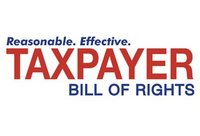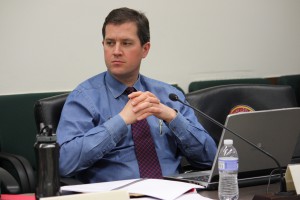 Effort to undo TABOR tax law dealt blow by court But decision unlikely to end legal challenge
Effort to undo TABOR tax law dealt blow by court But decision unlikely to end legal challenge
By Mark Matthews | mkmatthews@denverpost.com and Joey Bunch | jbunch@denverpost.com
WASHINGTON — A legal effort to dismantle Colorado’s controversial TABOR tax law was dealt a major setback Friday when a federal appeals court ruled that some of its biggest opponents did not have standing to move forward with a court challenge.
“For half a decade now, we’ve been fighting a federal court battle to defend our voters’ right to have a voice in state tax policy,” said Colorado Attorney General Cynthia Coffman in a statement. “I hope this decisive win will convince TABOR’s opponents that the courts are not the place to pursue their political agenda.”
There’s little chance, however, that the ruling will be the final word in the matter, as the coalition looking to unravel TABOR vowed to continue a court challenge that began in 2011.



